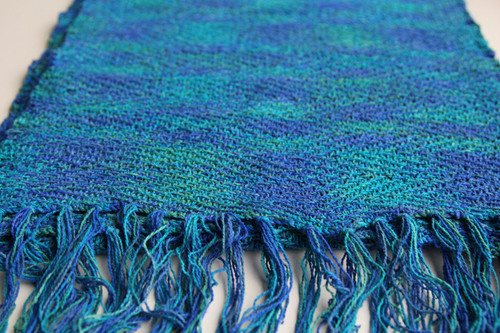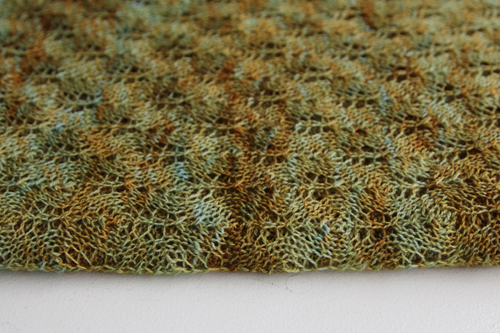The Reorganized Kitchen
January 14th, 2013 | Link
Some of you know this about me, but for those who don’t: I’m a bit of an organizing freak. I’m not a clean freak, but I like things to be in order. I get euphoric when I go to The Container Store; and yes, my books, CDs and other media are alphabetized. I’m pretty good at eking out more order and more storage from limited spaces. And I’m also not bad at getting rid of things that are unused, inefficient, or just not working out.
So last month, while I was procrastinating on writing reviews for my team (ahem — I’m also good at procrastinating), I decided it would be much more fun to get rid of things that weren’t being used in the kitchen. Remember the apple sauce? Turns out canning, while an enjoyable experiment, works out a lot better if you have room to store the food (not to mention the equipment). So all those accoutrements got given away. I discovered we own a kettle, which I am pretty sure hasn’t been used since my parents visited in 2005. There was an assortment of small utensils that we never use; a rather large serving dish; and an extra colander. All that has gone to Goodwill, which freed up a surprising amount of cupboard space.
Then I started thinking about what was left — what worked, what didn’t, what was commonly used but not close at hand, etc. The problems mostly boiled down to these:
- Limited working counter space — too much stuff on the counters, and not a lot of counter to begin with.
- Inefficient use of drawer space — not taking advantage of available space, or storing things more or less accessibly than they need to be.
- No recycling solution. We take cardboard to the recycling downstairs but we toss a lot of smaller stuff we should be recycling.
- Stuff buried in the back of deep cabinets that requires pulling everything out to reach it.
So after much browsing on Amazon and a few trips to The Container Store — followed by another trip to Goodwill to drop off more stuff — we have a reconfigured kitchen that is so much better! I might even start cooking! And just for you, here’s a video!
Getting stuff off the counters
- Replaced the knife block with a wall-mounted magnetic knife strip.
- Moved cooking utensils from a holder on the countertop to a drawer.
- Moved the food processor and grill into newly freed up cupboards.
- Got rid of a large breadbox that held vitamins and such, moving rarely accessed contents to high cupboards.
- We use the toaster oven and bread machine regularly, so we kept those on the counter — but moved them to the awkward corner area, opening up workable counter space next to the sink and stove.
Reorganizing the drawers
- Our largest drawer next to the stove held dish towels, oven mitts, and other miscellany that migrated there over time. By moving these into a smaller, lower drawer, we were able to move all the cooking utensils from the counter and about half of the contents of the other drawer into this one.
- The cutlery drawer had an ill-fitting organizer that left unusable space around it. Replacing it with this resizable, customizable drawer organizer from OXOÂ enabled us to also move some other small, frequently used utensils into the same drawer.
- Moved plastic wrap, foil and wax paper from a drawer into a door-mounted rack under the sink.
- Replaced the bulky thick dish towels that could only be stored 2-3 high with flour sack towels that fit 7 in the same space.
- Lined the one deep drawer we have — which stores Pyrex glass containers for leftovers — with adhesive-backed cork, preventing the containers from sliding around.
Reorganizing the cupboards
- Moved rarely used serving dishes and such to high cupboards and awkward back corners.
- Moved overstock food items to the back of the higher cupboards (rather than mixing it in with day-to-day food).
- Replaced the slide-out garbage can under the kitchen sink with this duo trash/recycling setup. After the first few days we switched the bins around so that the larger black bin is now used for recyclables.
- Stored baking supplies and pantry items in the deep cupboards in plastic bins, so that they can be pulled out more easily.






